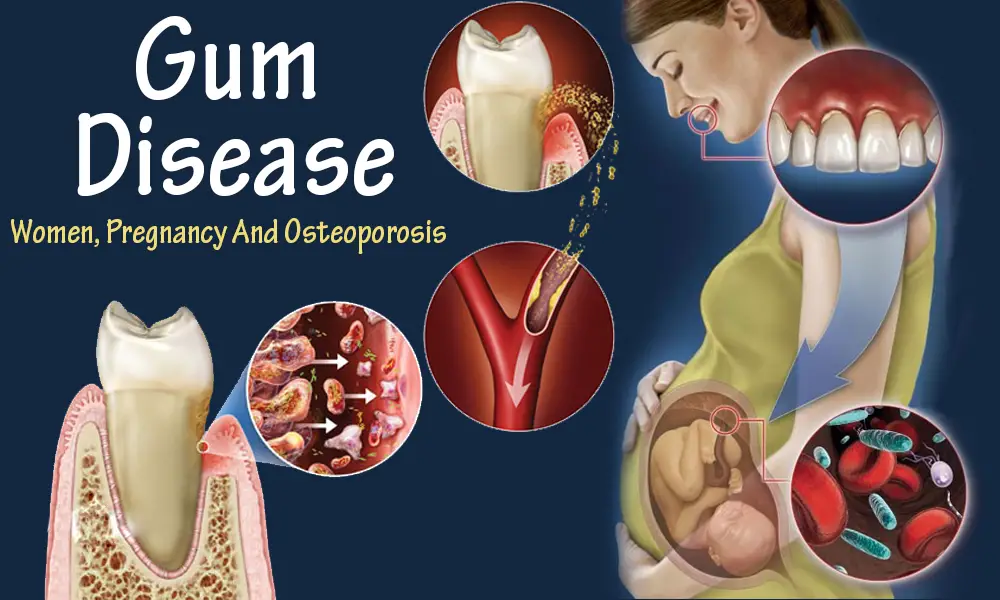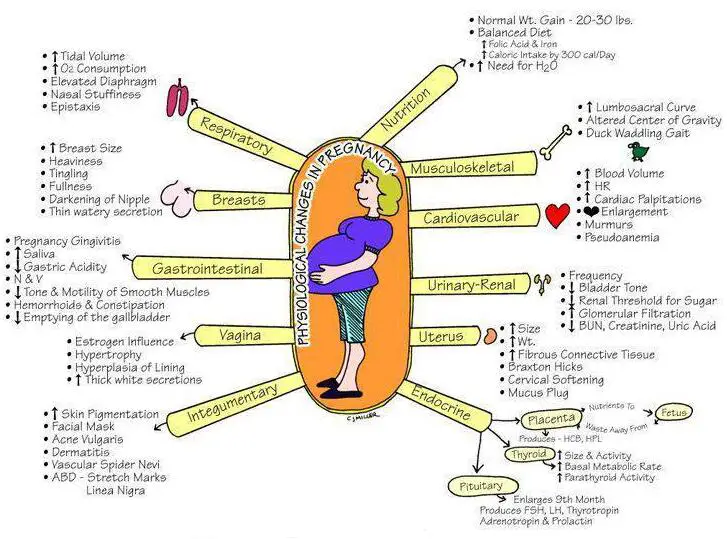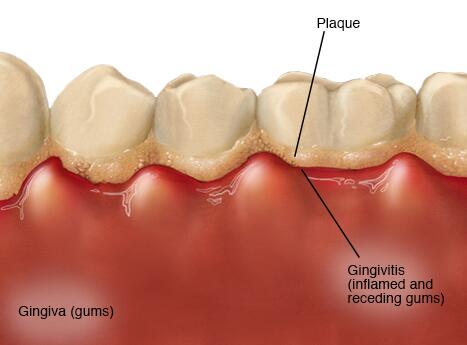For the expecting couple, there truly is nothing more important than that health of the fetus. That said, the woman carrying the child still needs to make sure that they are attending to their own health needs as well.
Today we will be dispelling a few of the misunderstandings that pertain to engaging in good oral hygiene during pregnancy, and we will also go over some important tips on how to improve the health of your teeth and gums. Taking care of your oral hygiene during pregnancy is not a difficult thing!
Misunderstanding of oral hygiene during pregnancy
The biggest and perhaps most unfortunate misunderstanding pertaining to oral hygiene and pregnancy is that going to the dentist can be hazardous to the health of the fetus.
Actually, Gum disease seems will have an impact on premature birth and loss weight of your infants. The oral infection will spread bacteria into the bloodstream which link to the developing child. This is why taking care of the gums and teeth during pregnancy is even more important than any other time.

However, dentist appointments do not have to be hazardous to the health of your fetus. Because of this misunderstanding, 75% of pregnant women didn’t get proper oral health treatment during the course of their pregnancy.
The reality is that despite the risks of certain chemicals that are used during the course of a dental examination, not going to the dentist can actually result in myriad potential birth problems. If you alert your dentist that you are pregnant, they will be able to work with you to create an alternative oral hygiene plan that is good for both you and your child.
In fact, because of the changes that a woman’s body goes through throughout the course of a pregnancy, it is particularly important that they get appropriate professional counsel on their oral hygiene in order to avoid tooth decay and other oral health problems.
Common oral diseases in pregnancy
Unfortunately, the hormonal changes that occur during pregnancy can cause a lot of problems for the oral health of the woman going through the pregnancy. While not all pregnant women are affected by these changes, it is a common and sometimes serious problem, which is exactly why it is so important for pregnant women to keep up with their dentist appointments.

- One of the things that many pregnant women will experience is that they are more predisposed to tooth decay during their pregnancy. We will discuss what can be done to mitigate the problem of tooth decay during pregnancy in the next section.
- Another prominent issue that pregnant women experience is gingivitis. Gingivitis is a relatively common oral hygiene disease that affects about 200,000 Americans every year. It is characterized by inflamed or swollen gums, as well as unexpected bleeding.

Ordinarily, the cause of gingivitis is poor oral hygiene, but during pregnancy, even normally sufficient teeth cleaning efforts can fall short of keeping your free of gum disease. As mentioned earlier, the inflamed and bleeding gums that accompany gingivitis have been linked to a number of pregnancy complications including low birthweight, premature delivery, and other undesirable issues. - Women that suffer extensive morning sickness also run the risk of wearing down their tooth enamel, particularly on the back of their front teeth. Unfortunately, it is difficult to do much to prevent enamel erosion, but one thing that people suffering from morning sickness can do is avoid brushing their teeth immediately after getting sick. For more information on how to mitigate the issue of enamel erosion, you will need to contact your dentist.

- Additionally, many pregnant women also experience a great increase in the probability of Periodontitis, and hyperesthesia of dentin. Like gingivitis, Periodontitis is characterized by swollen gums and the risk of tooth loss. Hyperesthesia of dentin is characterized by sharp pain in the tooth and gum area, particularly during the consumption of sweet or sour foods. Other issues include but are not limited to dry mouth (or, conversely, excessive saliva) and bad breath.
How to effectively clean the mouth during pregnancy
While all of the above-mentioned problems most likely sound alarming and certainly are to be avoided, that is not to say that they are inevitabilities. While it is true that some oral health issues may be unavoidable during pregnancy due to significant change in hormones, as well as the other changes that arise during pregnancy, there nevertheless are things that you can do in order to avoid extensive issues.
First of all, schedule an appointment with your dentist if you have not done so already. Not only will your dentist office be able to assess your oral health, but they will also be able to give your mouth a professional cleaning, and make further recommendations for how you can stay as healthy as possible.
You will also want to start participating in a diet that is ideal for your oral health. Your dentist and other health care providers should be able to give you a good idea of what sort of nutrition you should try to get out of your pregnancy diet in regards to both your oral health and the health of yourself and your child.
While engaging in a healthy diet and making a trip to see your dentist are great ways to ensure healthy teeth and gums, unfortunately, they aren’t quite enough. The majority of the responsibility will ultimately be on your brushing regiment. In order to kill the most plaque and bacteria possible, you should consider investing in a good electric toothbrush. Some of the higher quality models on the market are able to remove between 7 to 10 times more plaque and bacteria around the gum line than manual brushes, making them a great option for the expecting mother.
Remember to brush regularly and thoroughly for the dentist recommended 2 minutes per session to ensure that you get the best results possible from your brushing. With a trip or two to the dentist, the right diet, and a great brush/brushing habits, you can make sure that both you and your child are as healthy as possible during your pregnancy.
Also consider reading…